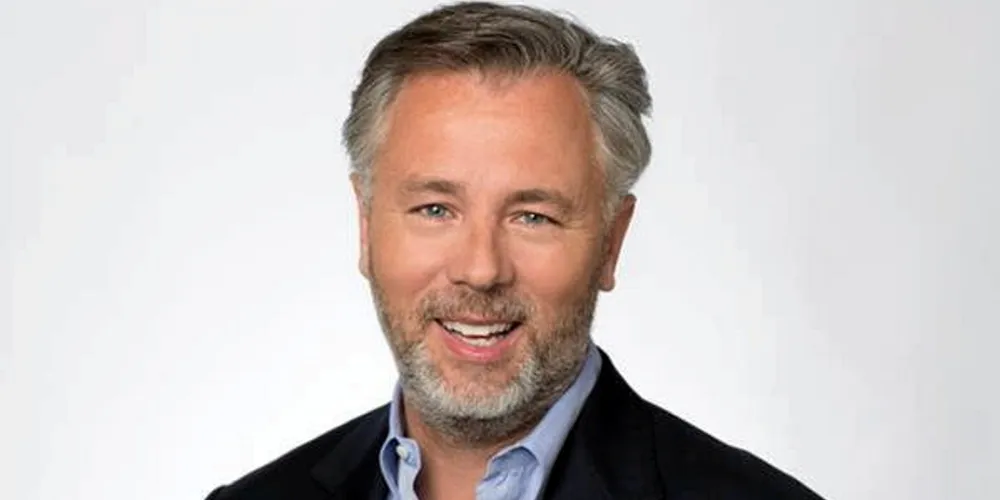Global giant Honeywell backs 'compelling' iron-flow battery pioneer ESS
US start-up behind the technology says the partnership will open up markets for it around the world

US start-up behind the technology says the partnership will open up markets for it around the world
